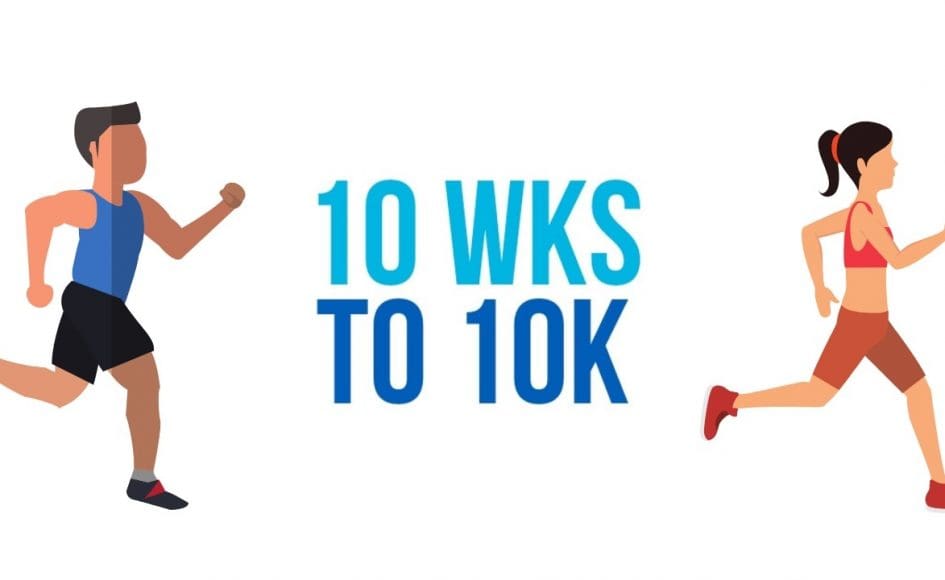10 weeks to 10K - week 6
Optimal recovery
Well done on making it past the halfway point!
Over the past five weeks of training, you’ve successfully increased your intensity levels and distance and now the race is on to recover for your next long distance run.
During a run you will feel strong, push through the pain and will be overcome by one of the best feelings in the world when you finish. However, the next morning when you get out of bed, every step you take hurts!
We’ve created the optimal recovery plan below:
Cool Down
It’s important to allow your heart rate, breathing rate and body temperature to reduce after exercise. At the end of your run, walk gently for 3-5 minutes to allow the body to relax and cool down.
Stretch
Stretching after exercise reduces muscle stiffness and soreness. For recovery purposes the best option is 10-15 minutes of static stretching, focusing on the major muscle groups (quads, hamstrings, calves and hips) and anything that felt sore on the run.
Rehydrate
During exercise we lose water and salt from sweating. Therefore It is important to rehydrate within 10-15 minutes of finishing. Salt can be added to your water or added to your meal to replenish the bodies salt content.
Eat
You should aim to eat a high quality meal with a good balance of protein, complex carbohydrates and fats 1-2 hours after your session. This will provide your body with the final nutrients it needs for muscle recovery and to replenish the glycogen stores.
Relax
About 60-90 minutes before you go to bed, take a bath with Epsom salts and relax in the hot water for 10-15 minutes. This will relax your muscles helping to minimise delayed onset muscle soreness (DOMS) and will also help you sleep.
Foam Roll
Foam rolling also increases blood flow to your muscles and creates better mobility, helping with recovery and improving performance.
Sleep
Sleep also helps with muscle recovery. The day you run try and get 7-10 hours of sleep that night. The amount of sleep you get can affect your performance so try to create a regular sleep pattern.
Rest Days
It is important to add rest days into your training plan to give your body time to recover and get ready for the next run.
As you can see from above, this routine is quite extensive and we understand that you won’t always have the time to undertake the full plan after every run or training session. However, it gives you a glimpse of the things you should be doing post run or exercise to help your recovery and prepare you for your next run or training session.

